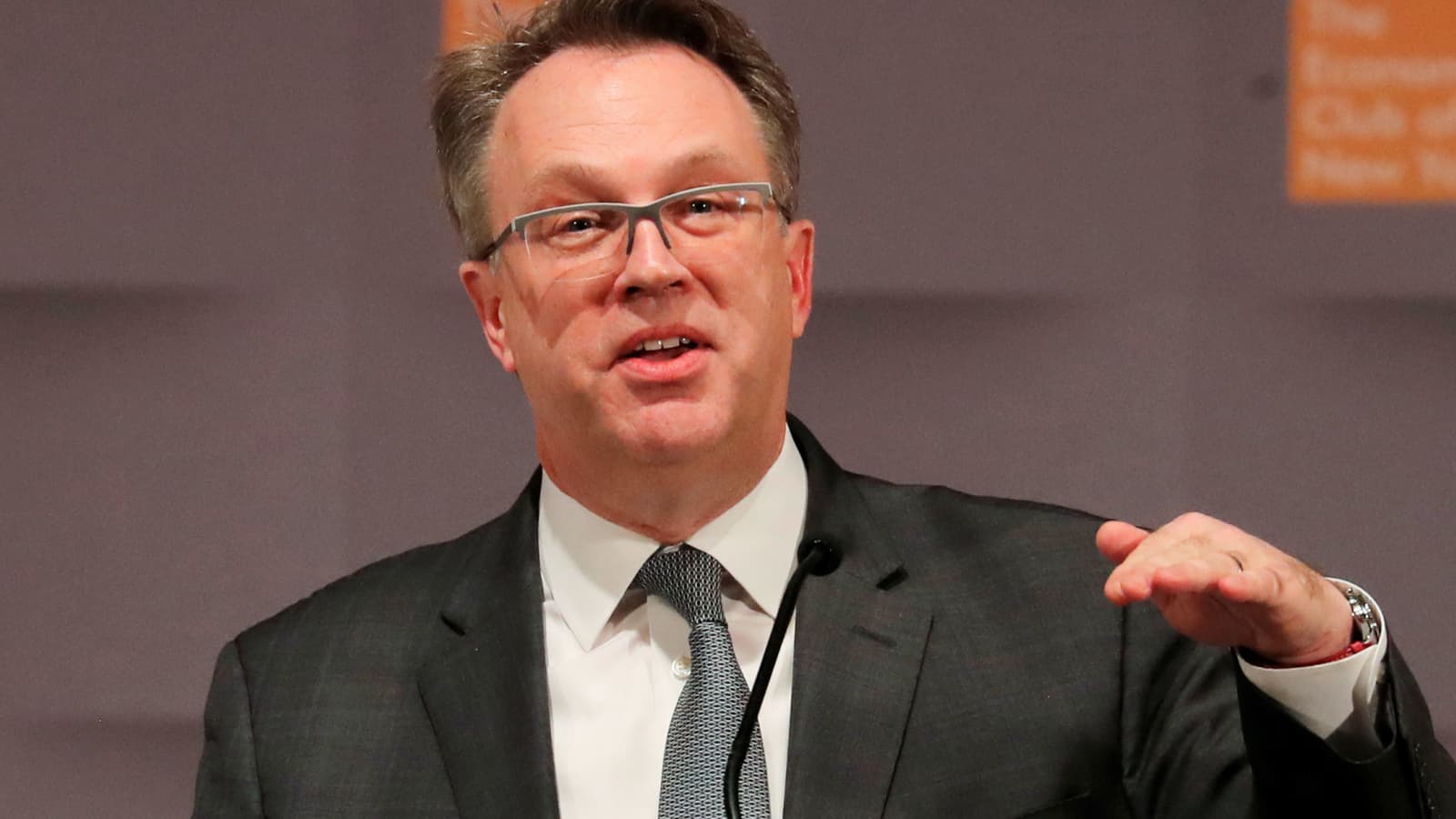New York Federal Reserve President John Williams said Friday that high prices for stocks and other assets are justified in light of a growing economy and low interest rate landscape.

With stocks pushing to new heights on valuations not seen in decades, and as corporate bond yields plunge, the central bank official said he’s not worried about current pricing.
“Market participants and investors around the world are looking ahead through this year and looking into an economy that hopefully have a pretty robust recovery and a strong expansion over the next several years, which would support stronger valuations,” Williams told CNBC’s Steve Liesman during an interview on “The Exchange.”
Major averages have managed to build on 2020′s gains despite some nerve-jangling volatility.
Fed policy of low rates and continued asset purchases often is cited as a driving factor in prices for risky assets. Earlier in the day, the Fed’s semiannual monetary policy report to Congress noted that “asset valuation pressures have returned to or exceeded pre-pandemic levels in most markets, including in equity, corporate bond and residential real estate markets.”
While Williams did not commit to a specific future course for the central bank, he indicated that the environment likely will remain accommodative.
“I think the fundamental drivers are optimism among investors that the U.S. economy and the global economy is going to have a stronger recovery and expansion, an expectation of low rates well into the future,” he said. “Those combined will give you high asset valuations.”
Williams also addressed the high levels of monetary and fiscal stimulus that have been provided during the Covid-19 pandemic. He said he is not concerned that policymakers are doing too much, despite an economy that appears to be defying earlier projections for a slow start to 2021.
Treasury Secretary Janet Yellen, a former Fed chair, told CNBC on Thursday that aggressive stimulus is still needed.
“Right now, the economy has quite a ways to go to get back to maximum employment and we have a ways to go to get back to our 2% inflation target,” he said. “So I’m not really concerned about fiscal support right now being excessive or anything like that. Really, what I want to see is an economy that gets back to full strength as soon as possible.”
[contextly_sidebar id=”G1Shvl8qHqqepforcR6oLCv5ALKzbN6I”]



